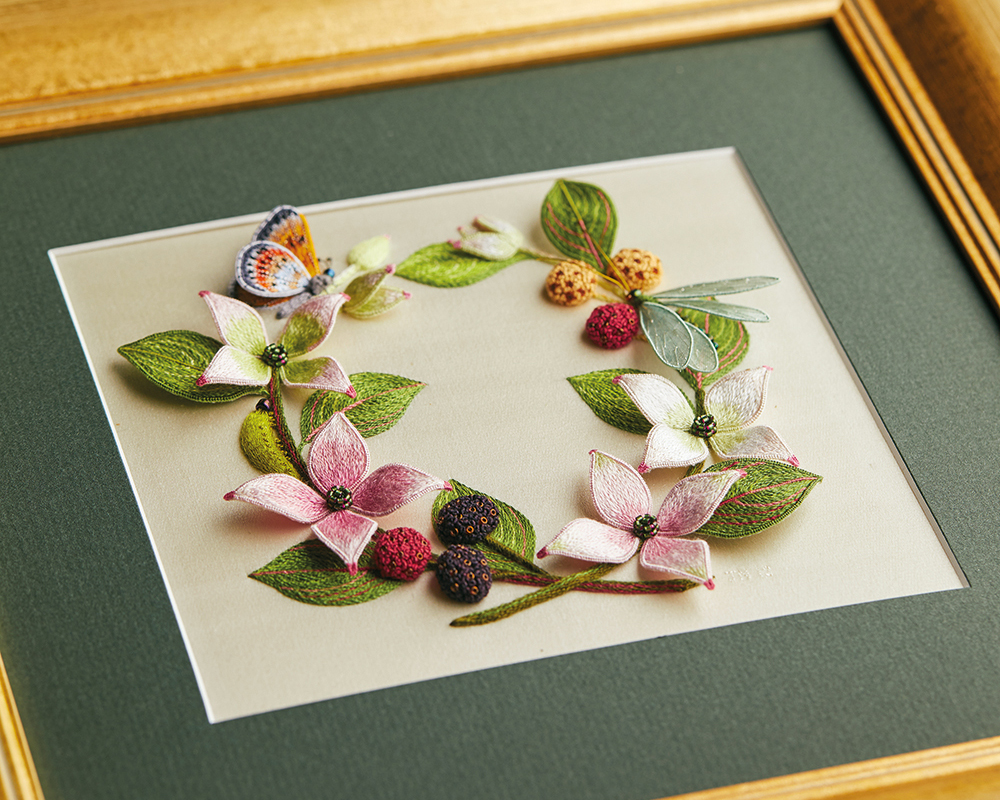Beginning Again
2nd July 2021

In last week’s issue of All Stitched Up! we unpacked the idea that when we discover a way to see familiar sights as if for the very first time, a renewed sense of wonder surrounds us, and that when we remember that starting never ends, any day becomes the perfect day to start starting.
Since penning those words, we came across an article by Tom Vanderbilt that unpacked this idea a little further. Tom’s article was entitled ‘The Joys of Being an Absolute Beginner – for Life’.
After his daughter, who at the time was almost four, pleaded with him to play chess, a game that Tom knew about in theory but certainly not in practice, he decided to learn the game so he was able to teach his daughter.
He began his quest for learning, as many of us do, by consulting Google! Whilst he quickly became proficient at beating the weakest computer opponent, the complexities of the game became all too apparent and as he didn’t want to try to teach what he knew badly, Tom decided to hire a coach.
Like many of us, Tom was hoping to pass through the all too awkward stage of being a beginner as quickly as possible. However, he soon realised that the beginning stage of anything is one we should pay close attention to as once it is lost it’s hard to get back.
There is value in holding on to a beginner’s mind.
This idea appears foreign as is testament in our quest for improvement and command and the speed at which we hope to traverse the gap from beginner to master. However, as Tom discovered throughout his journey to learn chess, once the beginner’s mindset is lost, you begin to notice less and your behaviour becomes more automatic as you find safety in the knowledge you’ve acquired.
Now whilst there are benefits to progress as we become more efficient in our problem solving processes and the efficiency at which we’re able to complete a set task, it’s also been shown that ‘doctors learning a spinal surgery technique committed the most errors not on the first or second try, but on the fifteenth, and that pilot errors meanwhile seem to peak not in the earliest stages but after about 800 hours of flight time.’
We guess there really is some truth in the adage that familiarity breeds contempt!
Although Tom acknowledges that we all want to get better, his hope is that ‘even as our skills improve, and our knowledge and experience grow’, he hopes to ‘encourage the preservation, or even cultivation, of that spirit of the novice: the naïve optimism, the hypervigilant alertness that comes with novelty and insecurity, the willingness to look foolish, and the permission to ask obvious questions – the unencumbered beginner’s mind’.
We appreciated the food for thought that we found in Tom’s writing and hope that next time we pick up needle and thread we’re able to approach our time as if a beginner once more, with fresh eyes that are less burdened by past experience and find ourselves open to the wider possibilities our needlework can afford us all over again.

